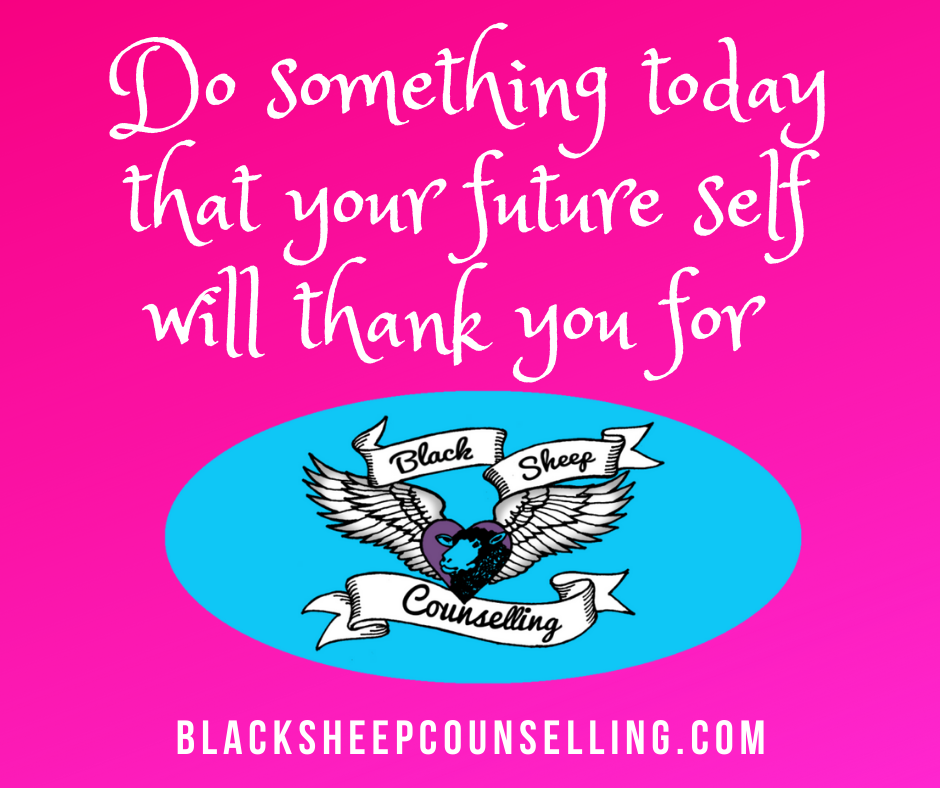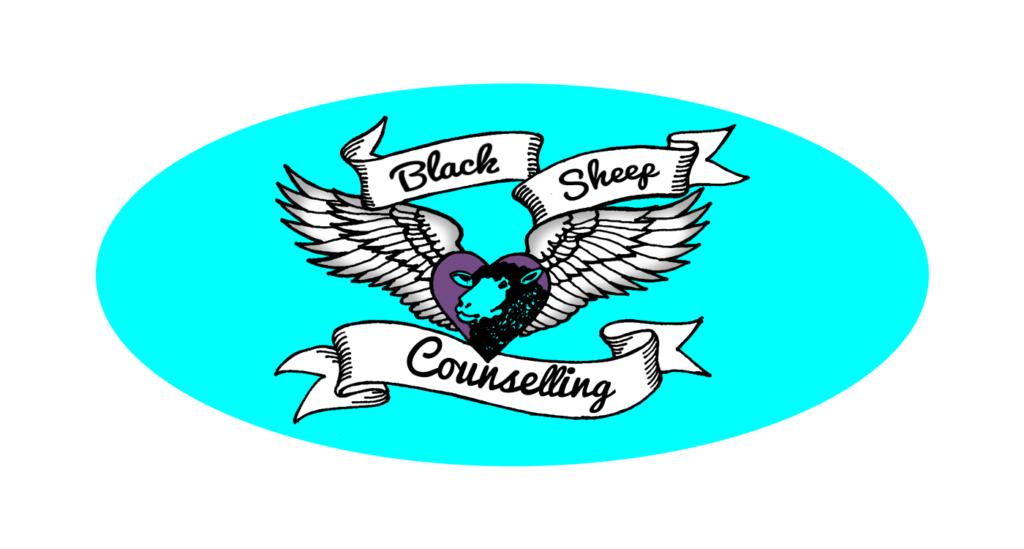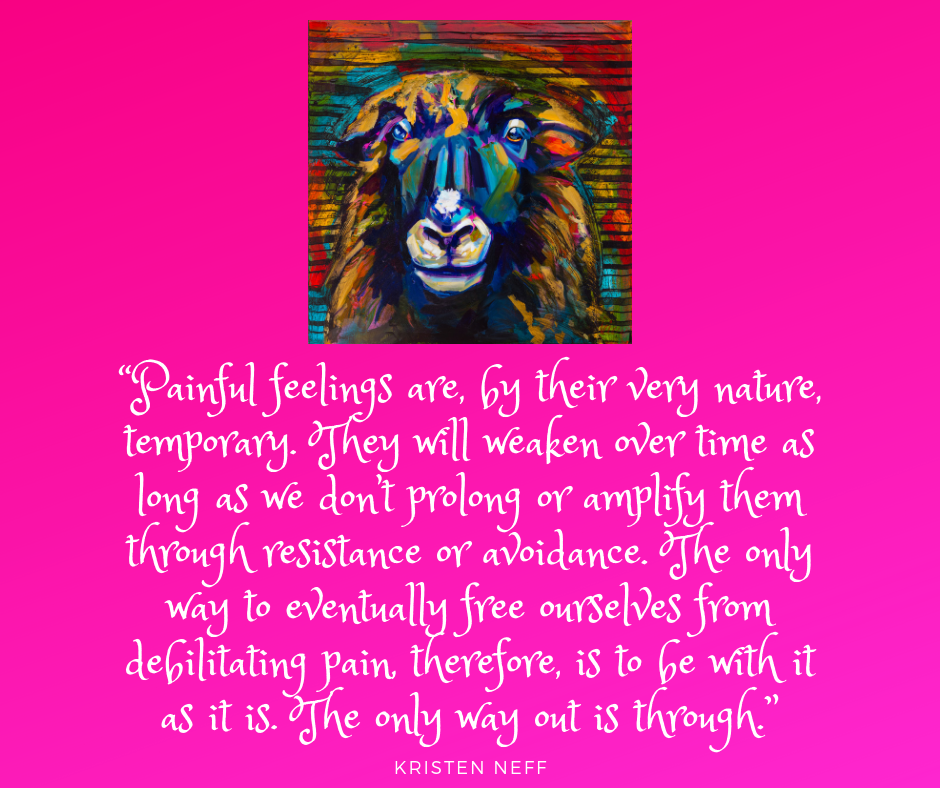The Space Between Stories: Transitioning into a New Phase

In the story of our lives, we all have some chapters we’d prefer to skip over. The loss of a loved one, the end of relationship, getting terminated from a job, financial hardship, health limitations, and so forth – these things can all have us wishing we could jump into a happier, more stable “chapter”. But here’s the thing: this “in-between” time can gift us with wisdom and a deeper understanding of Self; stuff that greatly enhances our future chapters. Charles Eisenstein calls this place “the space between stories.” Another way to conceptualize it is by viewing your life as a house. You have left one room of the house. You desire to be in another room of the house. However, you cannot journey to the next room without traveling through the hallway. You miss the safety and familiarity of the old room. The new room seems so far away…and different. With every new beginning, there is also an ending. While we need to grieve a loss, we can often dwell on the loss in a way that creates barriers for the new.
This “space between stories” time is often when people come to therapy. I applaud this act of self-care. Clients often ask me what “more” they could be doing. They are hurting. The world seems dull compared to what it used to; once loved pursuits have lost their shine. Allowing oneself to “feel their feelings” is the most important work to be done at this time (counselling and journaling are great ways to process difficult times and adverse emotions).
However, we can also include small little tasks into this time of transition. Stuff that I refer to as “tasks your future Self will thank you for”. At space-between-stories time, we can seriously lack energy and motivation. It is important not to “should” all over yourself (“I should do this, I should do that”). Some days “success” can look like showering and brushing your teeth.
Other small tasks to consider:
~making an appointment for a dental or physical check-up, eye or hearing exam, haircut.
~Purging. Get rid of clothes, sports equipment, kids’ items no longer in use. You might be able to make a few $$$ online for them or donate them to charity thrift shop.
~Updating your resume or LinkedIn profile. This can assist in boosting self-esteem by reflecting on personal accomplishments and endorsements from colleagues.
~Defrosting your freezer or clean your stove. Yep, they are not at the top of anyone’s list of things to do, but I guarantee you will feel SO much better to get a task like that out of the way.
~Re-organizing your pantry. Get rid of expired food. Take inventory of what you have and consider using it to try new recipes.
~making a big batch of soup, stew, pasta sauce, or baking to put in the freezer for later use (like when your next chapter may find you too busy to make many home-cooked meals).
~Deleting old emails.
~Starting a “Vision Book”. This can include your identified values and beliefs (these do change over time, so don’t assume yours have stayed the same over your lifetime). How might you choose to show up more fully in ways that align with your inner truth? What are some goals you wish to accomplish? Include short-term and long-term goals. What are some creative ways you could create extra income to save for the things that matter to you? Who are some people you have wanted to re-connect with or spend more time with? What are some places you wish to visit or re-visit? What are some things you wish to learn or save up for?
~Starting a gratitude practice. For more on this: https://blacksheepcounselling.com/2018/01/gratitude/
~Starting a self-compassion practice. For more on this: https://blacksheepcounselling.com/2017/03/mindfulness-self-compassion/
~Consider engaging in an act of generosity. Giving boosts our serotonin (thus combating depression and loneliness); it feels good to give, for both giver and receiver. Perhaps you could visit someone elderly who is lonely, or you could buy a homeless person a cup of coffee. We humans thrive on social connection. When we are hurting, we can have a natural inclination to isolate and lick our wounds. While this can be a normal and healthy part of a grief and loss process, it is important to try to find ways to connect with people who feel “safe” (at times like this, this does not always include family and close friends, as they may have strong opinions or bias regarding what happened, causing us to feel shut down, judged, or shamed…which can increase feelings of depression and isolation ☹).
~Checking out the classes and programs offered at Parks and Recreation, or through Continuing Education in your area. Maybe there is something you have always wanted to try or learn but never felt you had the time (sushi making? Yoga? Spanish? Ceramics? The list goes on). These courses are almost always affordable, they offer a range of activities, and there are many short-term options to choose from if long-term commitment seems like too much of a burden. Not yet ready to engage in something new at this time? Add activities of interest to your Vision Book.
~Looking for opportunities to be in nature. What environments do you gravitate to? Do you like being near the ocean? Do you find comfort in forest bathing? Take in the sensations around you. What do you notice in your body?
~Hugging a pet. Brush their hair. Delight in the unconditional love most pets exude.
~Taking notice of what makes you feel good physically, mentally, emotionally, socially, spiritually. Do you enjoy being in water? Do you like the feel of wind or sun on your face? Do you like the sensation of drinking a warm cup of tea? What pursuits do you (or did you) find pleasure in? Do you like gardening? Crafting? Reading? Singing? Sports? Praying?
~Considering bibliotherapy. Books can offer us comfort in ways that connecting with people in our lives sometimes can’t. Some book suggestions include:
Man’s Search for Meaning (Victor Frankl)
Daring Greatly; Rising Strong; The Gifts of Imperfection; I Thought it was Just Me; Women & Shame; Dare to Lead (Brené Brown)
Radical Acceptance (Tara Brach)
The Alchemist (Paulo Coelho) *fiction
The Mindful Path to Self-Compassion (Christopher Germer)
Self-Compassion: The Proven Power of Being Kind to Yourself (Kristin Neff)
When The Body Says No: The Hidden Cost of Stress (Gabor Maté)
It’s Okay That You’re Not Okay (Megan Devine & Mark Nepo)
Broken Open (Elizabeth Lesser)
Be gentle with yourselves at this difficult time. One day you will look back on it with distance and wisdom. Chose to invest in YOU…You will get through this, and you are worth it.



